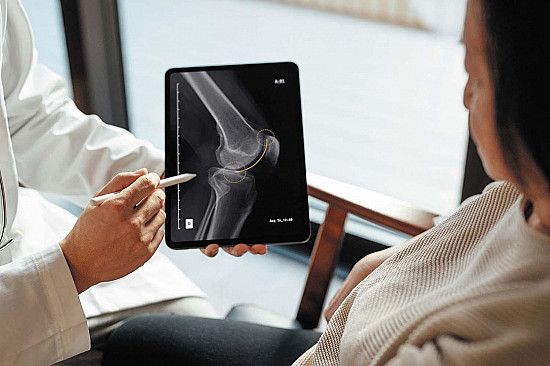Pacemaker precautions in the age of electrification
Are electric cars, induction cooktops, and tech gadgets safe for people with implanted heart devices?
- Reviewed by Christopher P. Cannon, MD, Editor in Chief, Harvard Heart Letter; Editorial Advisory Board Member, Harvard Health Publishing

Concerns over climate change have sparked growing interest in electric cars, induction cooktops, and other products powered by renewable electricity sources instead of fossil fuels. Burning fossil fuels such as gasoline and natural gas contributes to air pollution — an important but often overlooked contributor to heart disease.
But if you or a loved one is among the estimated 2.5 million Americans who have an implanted heart device (see "Pacemakers vs. ICDs"), you may have wondered about the safety of products that use or generate electromagnetic energy. Companies that make implanted heart devices provide patients with brochures that list known products and gadgets that might affect the heart devices. For many gadgets (such as newer-model smartphones, wireless earbuds or headphones, and remote keyless entry fobs), you're advised to keep them six to 12 inches away from your heart device. Greater distances are recommended for electric vehicle charging stations (at least 12 inches) and induction cooktops (12 to 24 inches). But what happens if you accidentally use or get too close to one of these sources?
Pacemakers vs. ICDsPacemakers and implantable cardioverter-defibrillators (ICDs) are small, battery-operated devices placed under the skin just below the collarbone. A pacemaker monitors your heart's rhythm and, when necessary, generates a painless electrical impulse that triggers a heartbeat. ICDs work much like pacemakers, but they can also detect potentially life-threatening rapid heart rhythms and deliver a strong shock that jolts the heart back into a normal rhythm. |
Magnetic interference
External interference comes in two forms, magnetic and electrical, and each source affects the two types of heart devices in different ways. "When a pacemaker is exposed to a magnetic source, there's a little switch inside the device that changes it to a 'magnet mode,'" says Julie Shea, a nurse practitioner in the Cardiac Arrythmia Service at Harvard-affiliated Brigham and Women's Hospital. When that happens, the device reverts to a preset rate, which may be slower or faster than the heart rate that's been specifically programmed for you. As a result, you may feel faint or have other minor symptoms, but once you remove or move away from the magnetic source, the pacemaker changes back to its programmed setting, explains Shea. Many Apple smartphones and other products contain magnets (see health.harvard.edu/meddevice), which means you shouldn't carry them in a front shirt or jacket pocket. And be aware that reusable name tags, jewelry, and vaping devices may also have embedded magnets, says Shea.
Magnetic energy exposure also temporarily disables an ICD's ability to detect and treat abnormally fast heart rhythms. The ICD may emit a warning tone when such exposure occurs, so if you mistakenly get close to a source, you'll know to move away.
When charging an electrical car, you can extend your arm to grab the plug from the charging station. That leaves at least 24 inches (well beyond the 12-inch limit) from an ICD placed in the upper left chest. Once you've plugged in your car, just be sure to stand at least a foot away from the charging station. Induction cooktops heat pots and pans through magnetic induction, so anyone with an implanted heart device should always maintain a 12-to 24-inch distance, whether the cooktop is turned on or not.
Electrical interference
Compared with magnetic interference, electrical interference can be more serious. "Both pacemakers and ICDs 'count' your heartbeat, which is generated by an electrical impulse. But the devices can't distinguish between electrical signals from the heart and those that infiltrate the body from an external source," Shea explains. If you rely on a pacemaker for every heartbeat, extra signals can cause the device to mistakenly assume it doesn't need to function, and you may pass out. With an ICD, extra signals can trick the device into thinking you need a shock to restore a normal heartbeat.
Fortunately, products that might produce these external signals aren't things the average person uses on an everyday basis. Examples are welding equipment, electronic body fat scales, and electrocautery tools used during medical procedures, says Shea. If you have specific questions about magnetic or electrical exposures, review the brochure provided by the manufacturer of your device and call its support line or your clinician.
Image: © martin-dm/Getty Images
About the Author

Julie Corliss, Executive Editor, Harvard Heart Letter
About the Reviewer

Christopher P. Cannon, MD, Editor in Chief, Harvard Heart Letter; Editorial Advisory Board Member, Harvard Health Publishing
Disclaimer:
As a service to our readers, Harvard Health Publishing provides access to our library of archived content. Please note the date of last review or update on all articles.
No content on this site, regardless of date, should ever be used as a substitute for direct medical advice from your doctor or other qualified clinician.
















